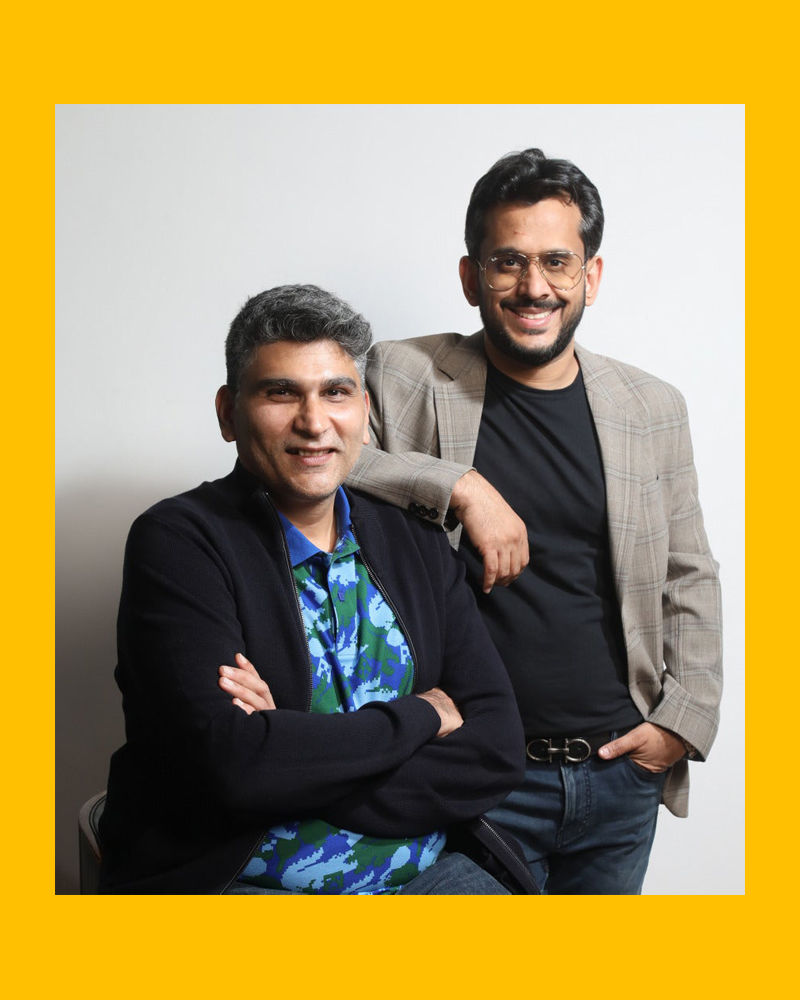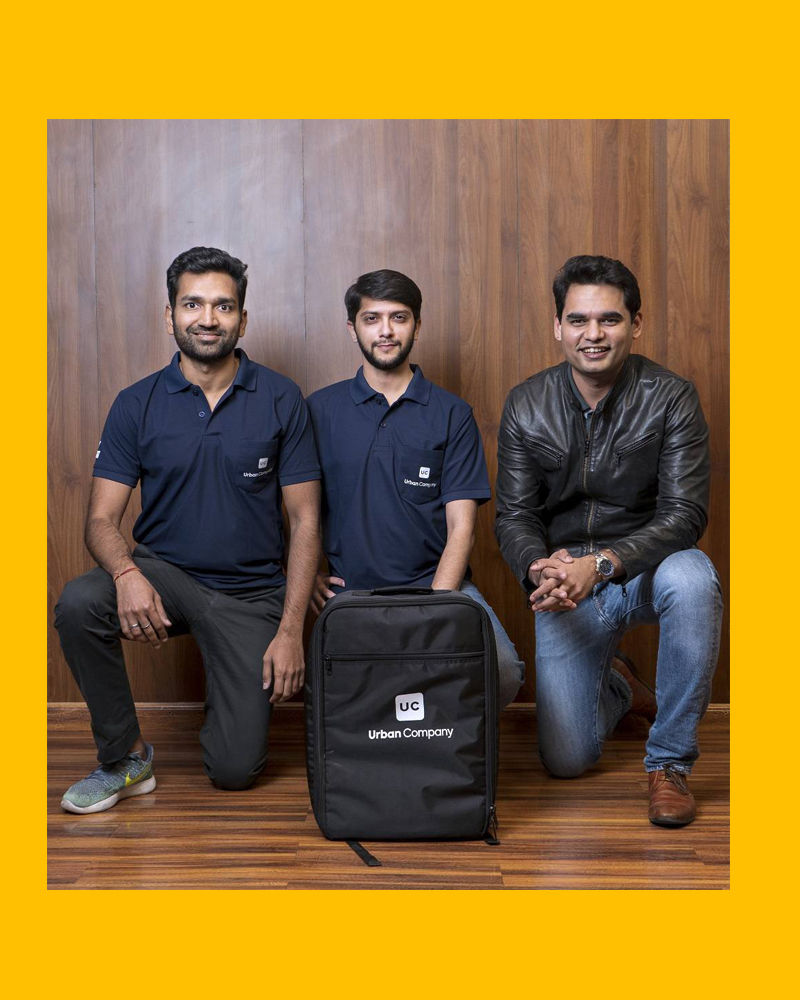
DARE TO DREAM
DARE TO DREAM:Five success start-up stories of INDIA TODAY

India today is not just a growing economy. It's an economy of global measure. The opening up of the economy in the early nineties had seen the IT boom, with people in business like Narayana Murthy, Nandan Nilekani, and others daring to dream big. Their dreams have taken shape and witnessed the rise of software majors like Infosys, considered a benchmark in the Indian entrepreneurial spirit. The idea of business is not new to the Indians. The early 19th century had seen the Tatas, Birlas, and others carrying the flag of the enterprising spirit and beginning the era of Indian entrepreneurship.
Almost a century later, this flag is carried by the entrepreneurs of a new order. The IT boom saw a splurge in the software and hardware domain. E-commerce and smartphone and gadget have opened up another vista of opportunity. Today's entrepreneurs are younger, daring, and creating applications that have changed the way we live.
With over 50,000 start-ups in the Indian business, the landscape has drastically changed and created incredible opportunities in the past few decades. With business-friendly policies and laws supporting entrepreneurship models, start-ups have taken off like never before, proving our economy and workforce's immensely creative and business potential. Interestingly the current Unicorn tally of India is over 70 with an astonishingly $21 billion of total investment, making the Indian market booming with super successful start-ups.
As we explore the present landscape of entrepreneurial spirit in India, we focus on five start-ups and the brains behind them.

CRED
Kunal Shah's CRED created a buzz and sensation with its Rahul Dravid's Indiranagar Kah goonda commercial. Launched in 2018, the company had reached unicorn status in no time. Today with a valuation of $2.2 billion, this start-up that made an app for easy credit card payments climbed up to capture the position of the best start-ups in India. Coupled with excellent brand marketing, Kunal Shah's CRED showed how strong, spearheaded efforts to reach the target audience are achieved with the backing of a solid business strategy. It also proved that a basic dividend like growing a market, such as giving credit points for transactions, could be possible within a sustainable business growth model.
Unacademy
The city of Bangalore, the start-up capital of India, saw three young entrepreneurs, Roman, Himesh, and Gaurav, come together and establish Unacadaemy in 2015. The dream start-up has grown at an unbelievable pace since its inception and is valued at USD 3.44 billion. Being an online education platform, Unacademy has a fair share of competition. Still, the fact that it held to its position and grew over a few years to fulfil the target audience's needs is a testimony to the company's incomparable quality of market research and delivery to the target audience.


BoAt
Aman Gupta & Sameer Mehta, two young entrepreneurs, started Boat five years ago. Today, this budding company has achieved the success story that few start-ups in India dream about. Today, the household name 'boat' began its humble journey with creative marketing tactics and exemplary strategy implementation. Today, it holds nearly one-third of the audio gadgets market in India. With a USD 1.3 billion valuation, 'boat' is a classic example of an underdog that gets the spot among the top businesses in the country by taking the right customer-centric approach.
Urban Company
The Truly Urban Story by Abhiraj Singh Bhal, Raghav Chandra, Varun Khaitan. It's not every day that we hear of a Unicorn being born. Interestingly starting as Urban Clap, this was not the first start-up that young entrepreneurs Varun Khaitan, Abhiraj Bhal, and Raghav Chandra began. But the three engineers had indeed hit upon a winning idea when they decided to quit their cushy jobs and dive into the start-up ecosystem. The view was simple, engaging, and effective – a quest to start a service that solved a primary need for a country like India – the home service segment. The app they launched became a cult hit within a few years and brought an unorganized sector within the comfort of one's own home. From grooming and cleaning to a host of other services, everything is now within a customer's click of a hand. It started with a specific need – Indians across the length and breadth of India need various services day in and day out. By bringing all it and assuring quality and timeline, the Urban company tapped into an existing market and helped revolutionize and transform it. Today the start-up is valued at USD 2.2 billion and is often taken as an example of a successful entrepreneurial story.


Dunzo
Some companies' success can be measured when you realize the name has become a verb from a noun – e.g., Xerox, Google, etc. One such shining and bright example of the Indian start-up story today is 'Dunzo' How often have we heard of the statement…Please Dunzo it, or Have you Dunzo'ed it? It's again the integration of an old business model integrated to the new economy through a central point – an app, using technology as the benchmark to deliver anything to anybody. Off course, the delivery requirements are hyper-focused, but it has been achieved, and the pandemic time proved it correct when we depended on Dunzo like never before. Today, the company of Kabeer Biswas, a serial entrepreneur and a university of Mumbai alumnus started way back in 2014, has surpassed all market expectations, is valued at Rs.590 crores, and sits as one of the best start-ups catering to metros and tier 2 cities. Kabeer and Dunzo have shown us what intelligent business understanding, tech economy knowledge, and regularly updated business knowledge can yield.
While start-ups prove to be unconventional, younger entrepreneurs of today are not hesitant to take the leaps to chase their dreams. This very passion is fuelling the country's economy, and we only hope more will follow suit. It also proves that the idea of business is evolving with more innovative ideas and customer experience at the heart of everything. We wait and watch as more Unicorns thrive. The more, the merrier.
Authors Bio
Poornima writes about the mundane and the most predictable. What interests her is weaving absurd images to create poetry. She has authored three books of poetry: 'Anything but Poetry' by Writers Workshop, 'Thirteen: Household poems' by Yavanika Press, and 'Strings Attached' by Red River Press. When not working, writing, cooking or cleaning, she likes listening to Hindustani Classical and to the umpteen stories of her 10-year-old daughter. She is always on a lookout for stories as she believes that everyone and everything is made of one.Comments (1)
Leave a message
( login to add comment )